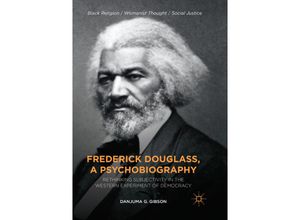
EAN: 9783030091767
Produktdaten aktualisiert am: 07.02.2026
Bilder-Quelle: discount24.de - Sport-Freizeit

Letzte EAN Aktualisierungen:
9781982171261 - Shakespeare Was a Woman and ...0038081291000 - The ultimate song pages 1...
0884088859428 - The Coffeehouse companion...
9788499893747 - Ildefonso Falcones - GEBRAUC...
0073999400724 - Fake book of the worlds favo...
9780063043855 - You Don Know Us Negroes and...
9789185041596 - Real rock book 2
9783795712341 - Das Rock + Pop Fetenbuch fü...
kürzlich hinzugefügt:
9781982171261 - Shakespeare Was a Woman and ...9783795712334 - Das Rock + Pop Fetenbuch fü...
9780241504604 - Yinka Where is Your Huzband?...
9781843286448 - Just classic Rock real book...
9788499893747 - Ildefonso Falcones - GEBRAUC...
9783795712341 - Das Rock + Pop Fetenbuch fü...
0038081291000 - The ultimate song pages 1...
0884088898052 - The real Pop book 1